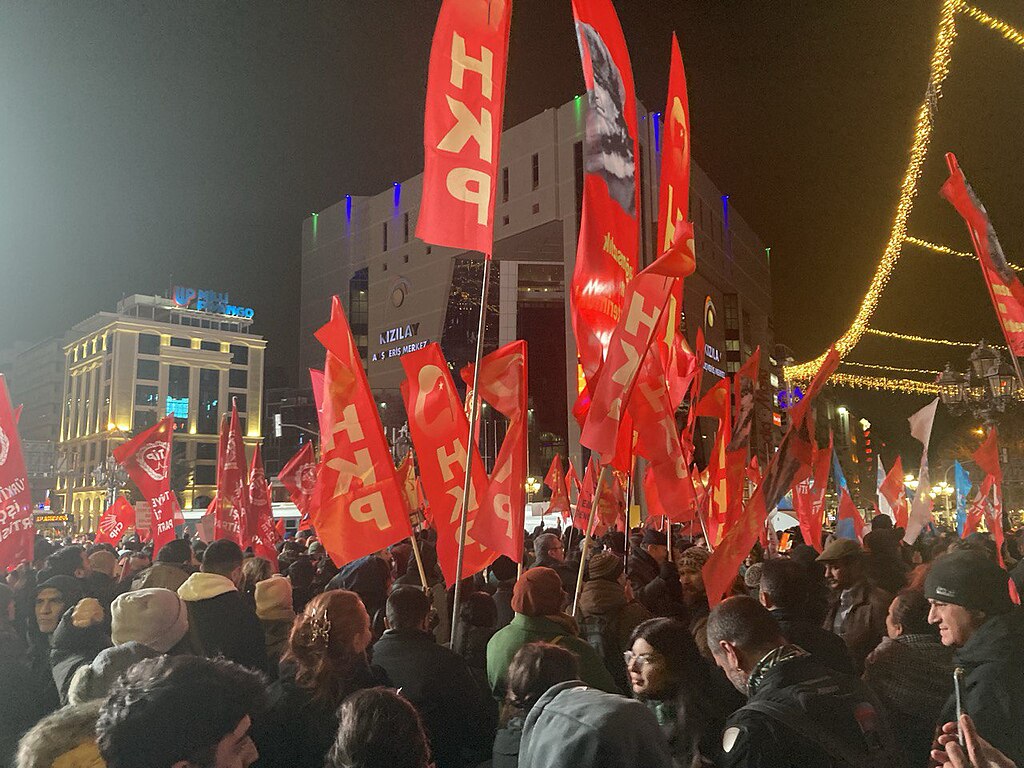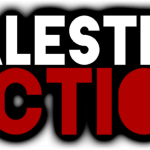The Council of Europe has reminded Turkey that it has an obligation to respect rights protected under the European Convention on Human Rights.
The notice came in an unusually strong and direct statement from the new CoE secretary general Alain Berset following the recent arrests of a key opposition politician and a number of journalists covering widespread protests against the government of President Recep Tayyip Erdogan.
The CoE secretary general said rights protected under Europe’s human rights convention “including freedom of expression and of the media, the right to peaceful assembly, and the right to a fair trial — form the cornerstone of democratic security and are legally binding obligations for all member States”.
The AEJ has previously joined other media freedom organisations in an alert on the Council of Europe Platform for the Safety of Journalists on April 9 and issued a statement which expresses “profound concern and unequivocally condemns the recent arrest of nine journalists in Istanbul”.
The AEJ on March 25 said reports indicated that more than 1,100 people had been detained “including members of the press who were fulfilling their professional duties”.
“The targeting and detention of journalists,” the AEJ said, “represent a flagrant violation of press freedom and the fundamental principles of democracy. Journalists play an essential role in informing the public and holding authorities accountable. Suppressing their ability to report on matters of public interest undermines the very fabric of a free and open society.”
On March 27 BBC correspondent Mark Lowen was detained – and in his case deported – for covering the protests. He was arrested on March 26 as previously had been a number of Turkish reporters and a photojournalist for AFP (Agence France Presse).
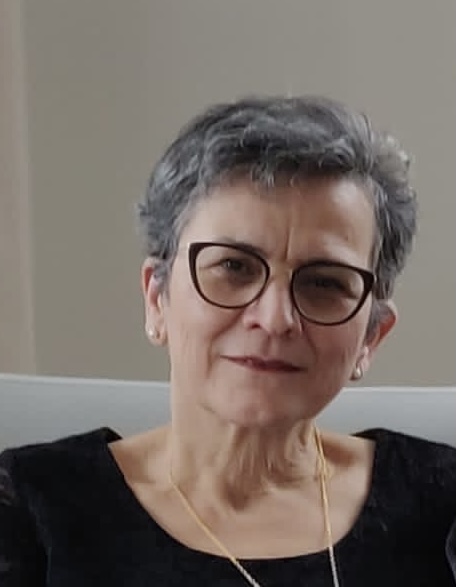
From Firdevs Robinson, AEJ member and former BBC World Service editor specialising in Turkey and the near east
Demonstrations that began on 19 March in Istanbul sparked by the arrest of the city’s mayor and President Erdoğan’s main rival Ekrem Imamoğlu have brought Turkey to a turning point. What happens next and the direction it takes will be decisive for Turkey’s democratic future.
Despite the deployment of brutal force against protestors and ban on gatherings, mass demonstrations continue in Istanbul and major cities. Suspending large parts of public transport, restricting access to the internet and social media and detaining more than 1400 people have not stopped people taking to the streets.
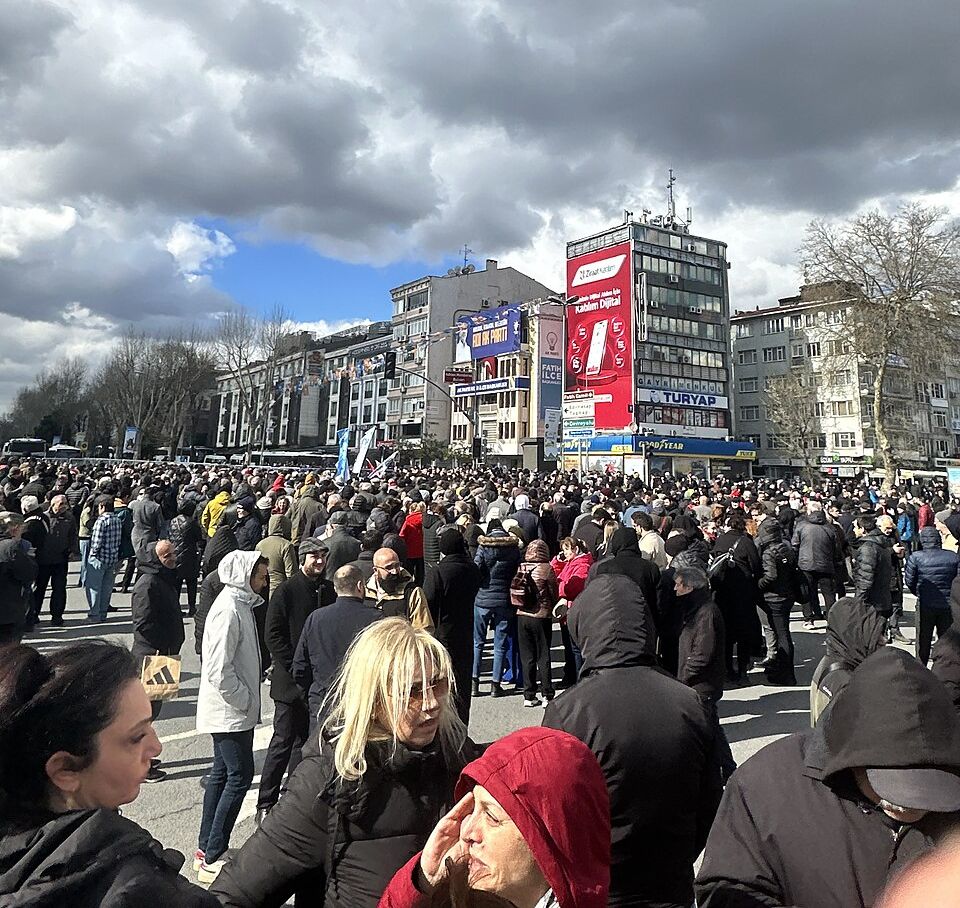
On the day he was charged and arrested, Imamoğlu’s Republican People’s Party held a presidential primary where 1.65 million party members and 13.2 million others in solidarity cast their votes for the jailed Istanbul mayor.
Initially taken aback by the scale of protests and public outrage, authorities have now stepped up their crackdown, raising fears that they may resort to more extreme measures. President Recep Tayyip Erdogan called the demonstrations “a movement of violence”, saying his government would not accept the disruption of public order.
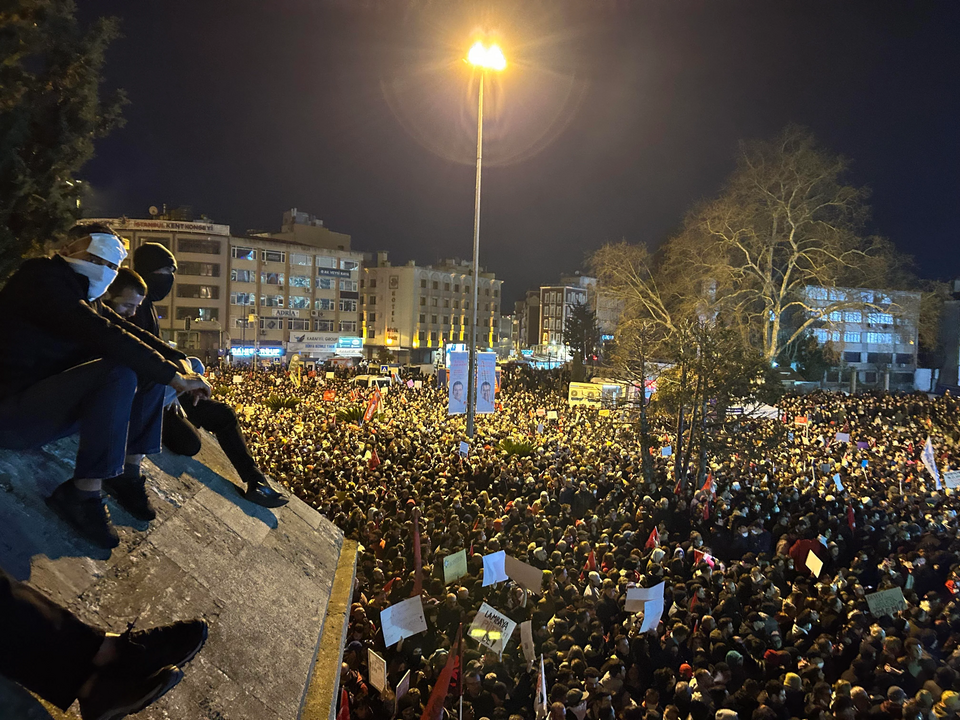
As usual, journalists and independent media outlets became the first targets. Media workers covering demonstrations suffered physical violence from the police despite clearly identifying themselves as journalists. In Istanbul and in other towns, several journalists were detained either while reporting or in dawn raids at their homes.
On March 25, veteran journalists Bülent Kılıç, Kurtuluş Arı, Yasin Akgül, Ali Onur Tosun, Zeynep Kuray, Hayri Tunç, and Gökhan Kam were sent to prison on charges of “violating the law on meetings and demonstrations.”
On March 20, when hundreds of thousands of protestors gathered outside the Istanbul Municipality building in Sarachane, Turkey’s broadcast regulator RTUK threatened to revoke broadcasting licences from TV channels covering demonstrations live.
Elon Musk’s social media platform X is another accomplice of online censorship in Turkey. X suspended several accounts belonging to news organisations, political figures, opposition figures and others in response to government requests.
Emboldened by having Donald Trump in Washington DC and European governments’ reluctance to offend a valuable defence ally in turbulent times, President Erdogan seems intent to take full advantage of the geopolitical situation.
However, the fallout from the jailing of Istanbul’s mayor and the increasing crackdown on opposition is not limited to creating political turmoil. It has already inflicted serious damage on Turkey’s economy.
While the Turkish Finance Minister and Central Bank governor tried hard to calm international investors, Turkey’s main opposition party is calling for a boycott of companies and media organisations that back Erdogan’s government.
European governments including Britain have started to issue travel warnings for their citizens intending to travel to Turkey.
According to the Turkish Presidency Investment Office, Turkey was the 5th most visited country in the world with 55.2 million visitors in 2023.
Their governments might have been caught between their strategic interests and democratic values, but European citizens may choose not to look the other way.
Protests in Istanbul
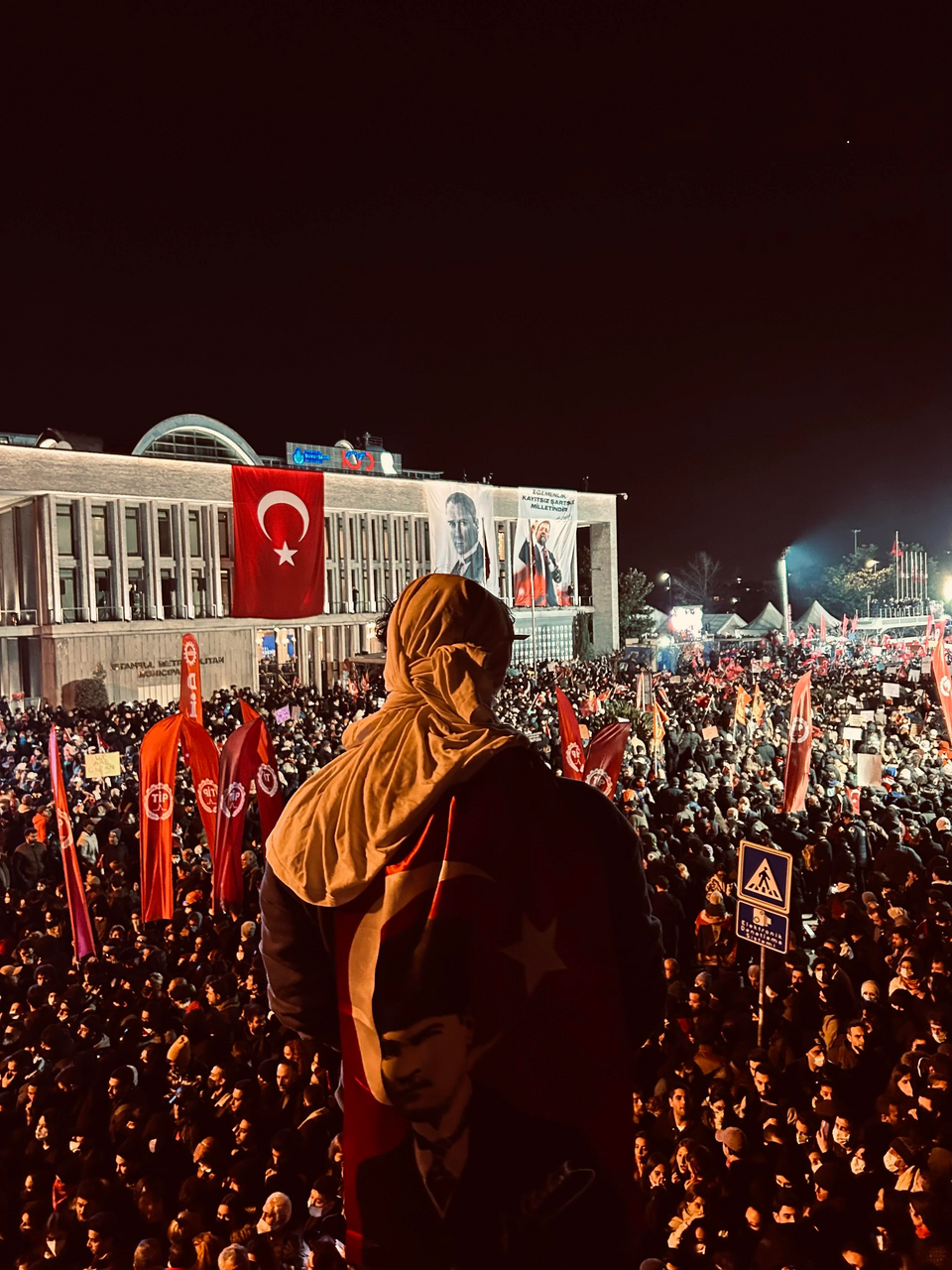
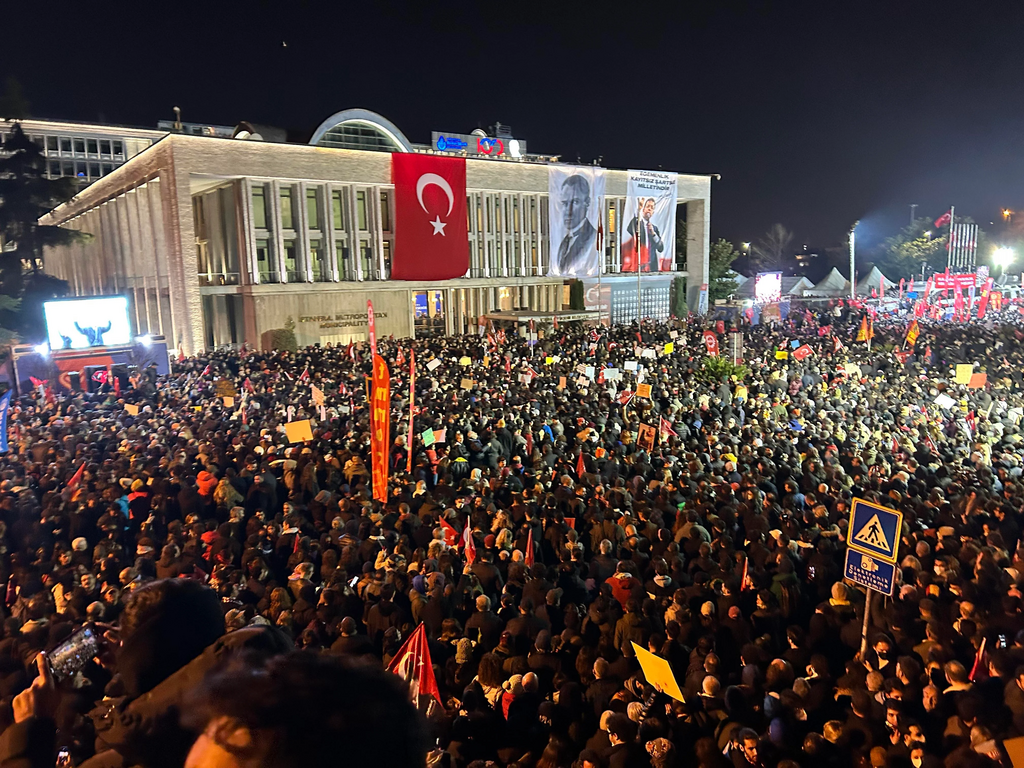
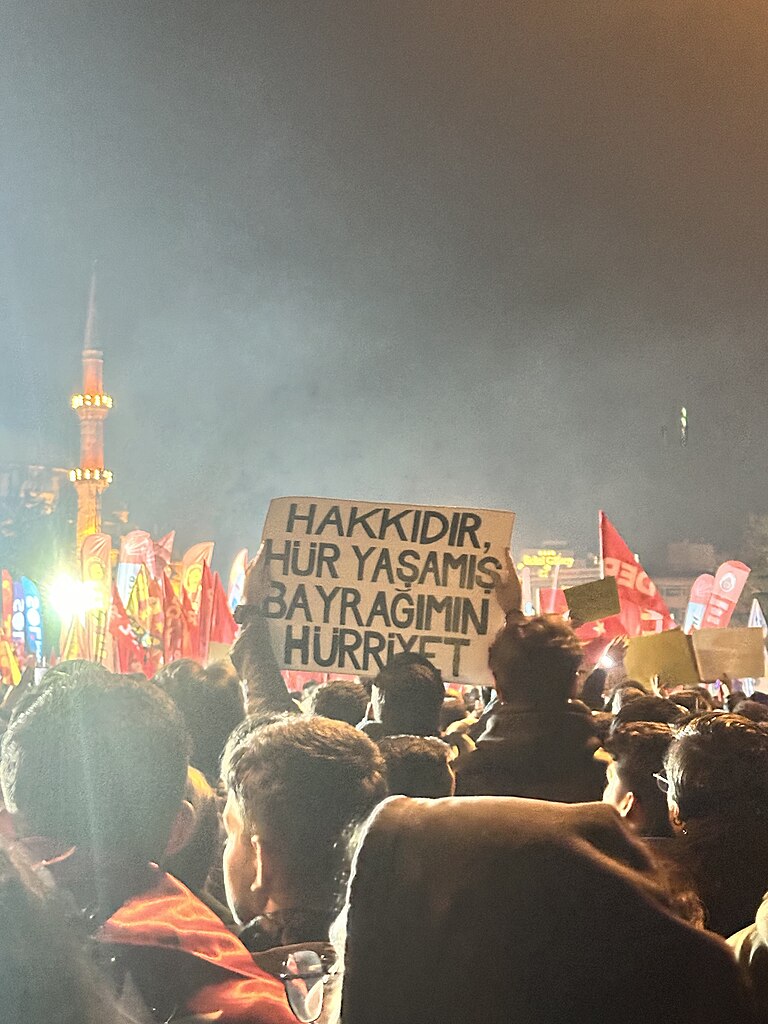
London protests and primary vote in solidarity with Turkish opposition
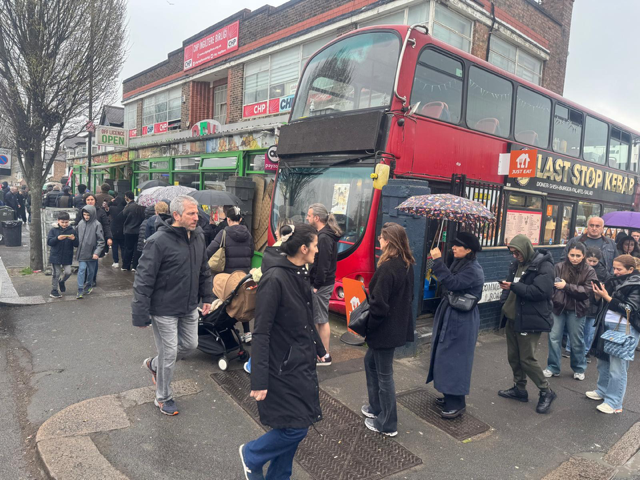
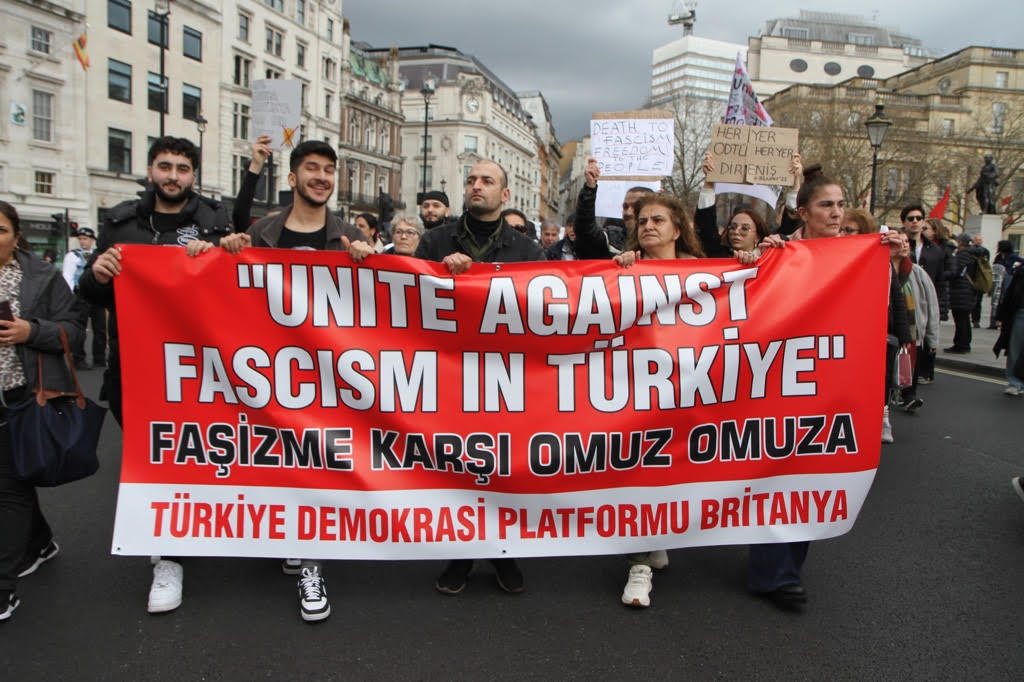
AEJ statement condemns arrests of journalists
CoE Platform alert
BBC reporter Mark Lowen deported
What’s happening in Turkey – BBC Radio 4 The Briefing Room April 3
Latest on protests – BBC 25 March

